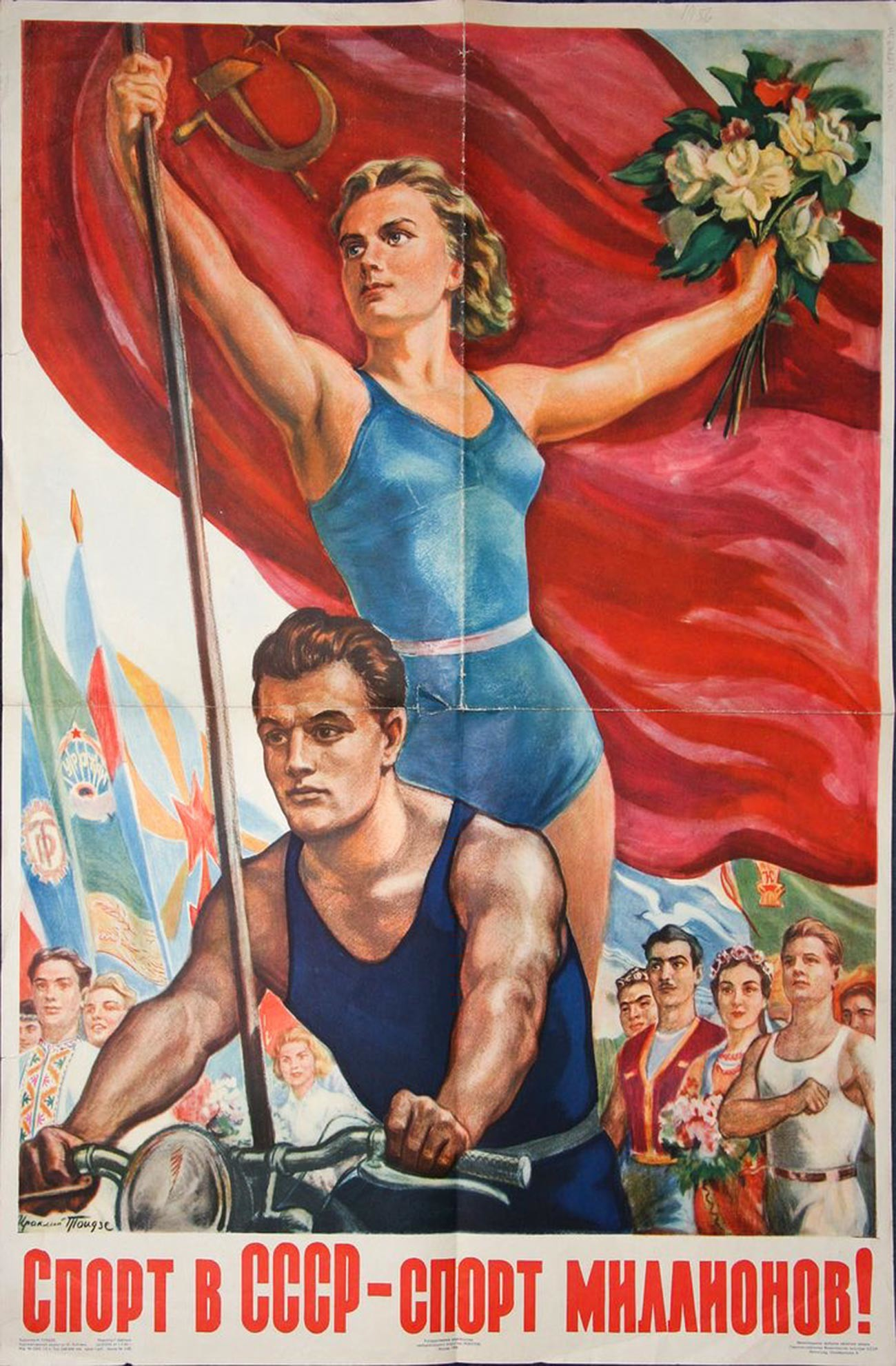

From what I’ve been told that method will at best work out the wrong muscles, and at worst cause serious injuries like hip damage or blowing out your knee. Like you can go lower than 90 degrees, but going too low will cause issues. Same with the feet angle/width thing, sure you can get away with it for awhile, but over time you can cause strain and damage. Maybe I’m wrong though, maybe I really have just been talking to the wrong people. There’s a wide range of opinions on this stuff, so the best you can do is talk to a wide variety of people and try to come up with a consensus the best you can.








Yes you are correct. Everybody has to start somewhere though. I’m of the opinion that you must learn to walk before you learn to run. The average Janes/Joes are who I was referring too. You know, like the 50 y/o mom who wants to lose weight but hasn’t eaten a vegetable in a month. You know, just 101 basic stuff, then from there you can get more advanced with the methods you’re talking about. Personally I’m one of those average joe’s, not a pro athlete or body builder. Best I can do with my crazy schedule is the plate method and doing some physical activity like basketball/swimming/biking/hiking/ect. I must admit I don’t have the patience to take a ruler and a scale and get exact measurements of everything I eat, although I really should. If you have any recommendations to find an easy way to do that I’m all ears.